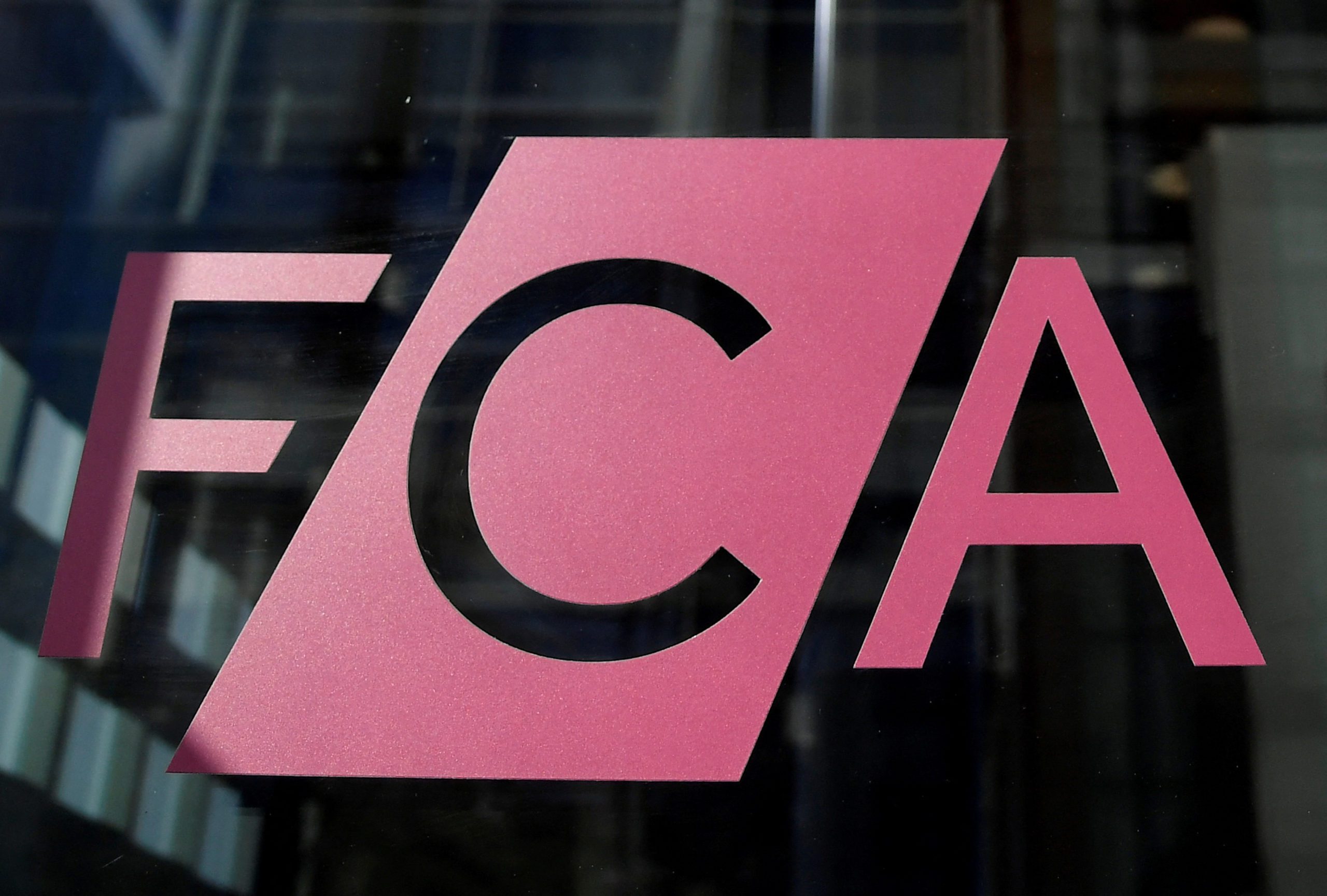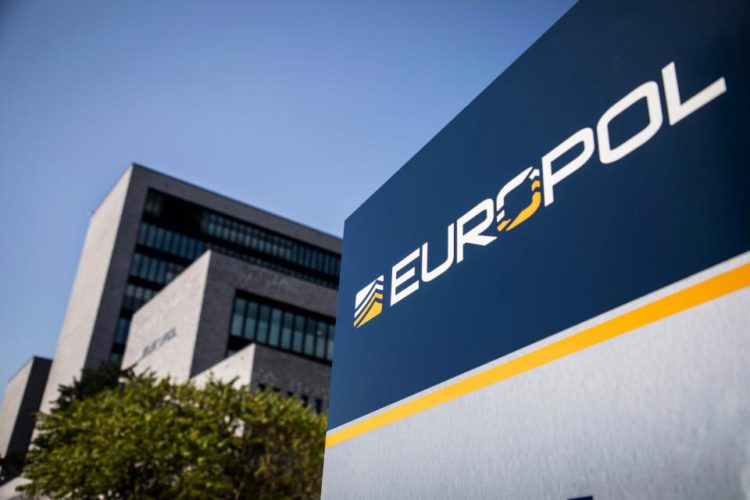By Elizabeth Hearst
Leading Dutch banks are joining forces against money laundering by sharing transaction data.
The three largest Dutch banks, ING Group, ABN Amro and Rabobank together with the smaller Volksbank and Triodos Bank said they will use Transaction Monitoring Netherlands (TMNL) to to detect suspicious activity or behaviour.
Dutch banking association NVB highlighted the importance of an integrated approach when it comes to monitoring financial crime, and said: “In addition to the bank’s own responsibility as gate-keepers, effectively dealing with money laundering and the financing of terrorism requires a national approach”.
President of the Dutch Banking Association, Chris Buijink welcomed the initiative and said, “really effective combating of this type of criminality is only possible through closer cooperation. This cooperation will have positive consequences throughout the chain from detection to prosecution. TMNL is an essential collective step that is a world first.”
It is estimated by NVB that around 16 billion euros ($18 billion) of criminal money is laundering through Dutch accounts every year, making it one of the most popular locations for money launderers around the world.
This initiative will allow banks to work closely with government partners such as the Ministries of Finance and Justice and Security, the FIOD (Fiscal information and intelligence service) and the Financial Intelligence Unit (FIU). The strategy will also tie in with the Dutch Money Laundering Action Plan announced by the Government in 2019, which will see an amendment to the Anti-Money Laundering and Anti-Terrorist Financing Act expected in order to achieve full-scale collective transaction monitoring.
A Dutch court announced on July 8th that it was seeking to question ING and its former chief executive Ralph Hamers to determine if it should reopen a case against the bank after it was fined €775 Million in 2018 for failing to spot money laundering and financial crime being conducted through its accounts.
Although a financial settlement was reached, criminal charges were never brought against the bank’s board members. Some financial investors were unhappy with the lack of criminal proceedings and have asked a court in the Hague to investigate the situation further.
ABN Amro is also awaiting the verdict of a money laundering probe after Dutch authorities brought forward an investigation as a result of allegations of money laundering and a lack of due diligence in the bank.








